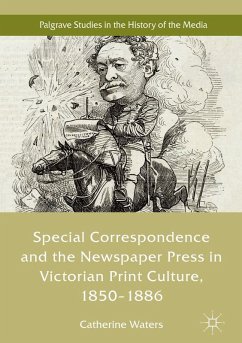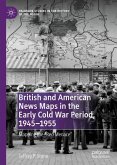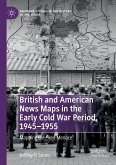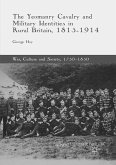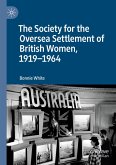This book analyses the significance of the special correspondent as a new journalistic role in Victorian print culture, within the context of developments in the periodical press, throughout the second half of the nineteenth century. Examining the graphic reportage produced by the first generation of these pioneering journalists, through a series of thematic case studies, it considers individual correspondents and their stories, and the ways in which they contributed to, and were shaped by, the broader media landscape. While commonly associated with the reportage of war, special correspondents were in fact tasked with routinely chronicling all manner of topical events at home and abroad. What distinguished the work of these journalists was their effort to 'picture' the news, to transport readers imaginatively to the events described. While criticised by some for its sensationalism, special correspondence brought the world closer, shrinking space and time, and helping to create our modern news culture.
"The phenomenon of palpitating journalism is central to Waters's Special Correspondence and the Newspaper Press in Victorian Print Culture, 1850-1886. ... offers a well-informed, accessible contribution to journalism history." (Kate Campbell, Victorian Studies, Vol. 62 (4), 2020)
"Waters's study is an achievement, not only for its scholarly contribution but also for how she uses rich textual analysis to immerse the reader in the mid-nineteenth century's most newsworthy events. With compelling examples and deft writing in her own right, Waters makes visible how special correspondence was a communication technology thatdrove news journalism's popularity into the late-nineteenth century and beyond." (Stephan Pigeon, Victorian Periodicals Review, Vol. 53 (2), 2020)
"In the true spirit of special correspondence, this scholarly and enjoyable book successfully merges journalistic, literary and political history in what is undoubtedly a major contribution to the field of Victorian print culture." (Françoise Baillet, Romance, Revolution & Reform, Vol. 2, January, 2020)
"This is an exemplary study of a thoroughly specialized subject. Its achievement is to combine prodigious authority in its field with continual reaching out to broader fields and to a broader, nonspecialist readership. ... I believe that this splendid book could make even greater impact." (Michael Hollington, Dickens Quarterly, Vol. 36 (3), September, 2019)
"Waters's study is an achievement, not only for its scholarly contribution but also for how she uses rich textual analysis to immerse the reader in the mid-nineteenth century's most newsworthy events. With compelling examples and deft writing in her own right, Waters makes visible how special correspondence was a communication technology thatdrove news journalism's popularity into the late-nineteenth century and beyond." (Stephan Pigeon, Victorian Periodicals Review, Vol. 53 (2), 2020)
"In the true spirit of special correspondence, this scholarly and enjoyable book successfully merges journalistic, literary and political history in what is undoubtedly a major contribution to the field of Victorian print culture." (Françoise Baillet, Romance, Revolution & Reform, Vol. 2, January, 2020)
"This is an exemplary study of a thoroughly specialized subject. Its achievement is to combine prodigious authority in its field with continual reaching out to broader fields and to a broader, nonspecialist readership. ... I believe that this splendid book could make even greater impact." (Michael Hollington, Dickens Quarterly, Vol. 36 (3), September, 2019)

